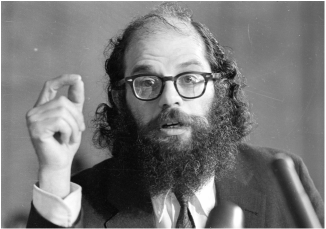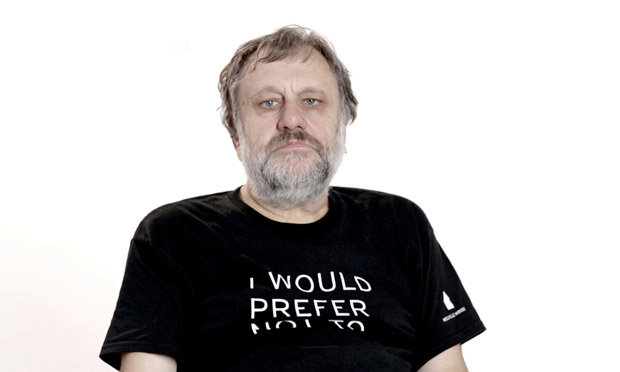|
Many readers have mentioned how “Howl” lacks decorum or how it “deliberately assaults and inverts it readers’ assumptions about what is holy or hellish, sane or mad.” (Gates 161) Here an understanding of “acting out” will be useful in order to understand the poem as a performance. Acting out, when deliberately used by psychologists on a patient to re-enact or to practice new behavior, can be seen as helpful and have positive results for the doctor and perhaps the patient who may wish to achieve general alliance with his society. However, acting out is in a general sense categories of specific behaviors that allow the professional and the conformed adult to label someone who is acting out of character, usually to manipulate the behavior to conform it and the person performing the behavior. Goffman defines conforming as the following:
“When an actor takes on an established social role, usually he finds that the particular front has already been established for it. Whether his acquisition of the role was primarily motivated by a desire to perform the given task or by a desire to maintain the corresponding front, the actor will find that he must do both.” (7) In fact, Ginsberg’s father had suggested to Allen, “[you have] developed intellectually; but, emotionally, you lag,” and in light that the poem is personal (confessional) and has often been called a rant, the term acting out may serve me. (Breslin 411) I am using the concept such as it is for the performance of his poem and for the performance of his life. Whether Ginsberg lagged emotionally or not, he created a new shape to a “social front” as Goffman would say. (26) He added depth to a bohemian front and merged it with those marginalized by way of their madness, drug use, homosexuality, and opposition to capitalism. With a handful of other spokespeople performing similarly at that time, he created a counter-culture, a culture that opposed mainstream culture for nearly 20 years. Acting out is always a spectacle in the minds of adults whose minds have conformed to state and mainstream ideology and perhaps now even having a great stake in their conformity. Acting out may be seen as a kind of graffiti, graphic by nature, making it “unpresentable” in the eyes of those who have conformed, the middleclass occupant with lots to lose. The poem itself may have been a written form of acting out that Ginsberg continued in his public performances for many years. Richard Elman reminds us that “his acting out became a way of perceiving his adversity and, through genius, overcoming it.” (329) In any case, the poem’s and Ginsberg’s performance of “genuine suffering” would be one on the fringe of symbolic order that makes up the primary code of mainstream ideology, creating disorientation, aporia. (31)
0 Comments
Leave a Reply. |
Archives
May 2024
Categories |


 RSS Feed
RSS Feed